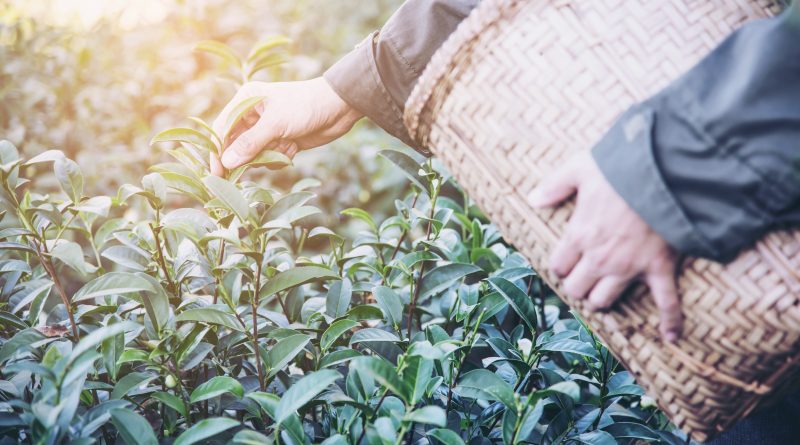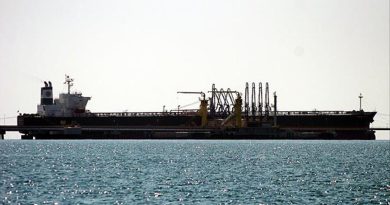The government has rejected a proposal from the commerce ministry seeking subsidised electricity for the country’s tea industry, saying the sector does not qualify for the benefit.
In a letter to the Ministry of Commerce (MoC), the Power Division under the Ministry of Power, Energy and Mineral Resources stated that there is “no scope” to supply power to tea estates at reduced rates, as is provided to agriculture crop producers.
The MoC’s proposal was based on a request from the Bangladesh Tea Association (BTA), which represents tea estate owners. The BTA had argued that lower energy costs were essential to sustain the industry amid declining production and rising input expenses.
Currently, the government provides subsidies to cover tariff deficit losses, as electricity is purchased at higher rates from India and sold to bulk consumers — including independent power producers (IPPs) and rental power plants — at lower prices. However, the Power Division said subsidy allocations have already been cut in the current fiscal year compared to FY25, and expanding support to the tea industry would further increase fiscal pressure.
The division also stressed that tea is categorised as a commercial industry, not an agricultural crop, and therefore cannot receive electricity subsidies under existing policy.
Bangladesh’s tea production fell to 93 million kilograms in 2024 from about 103 million kg in the previous year. The country has 166 tea estates covering nearly 280,000 acres, producing about 2% of global output, according to the BTA.
The industry directly employs more than 100,000 workers and supports the livelihoods of nearly one million people, both directly and indirectly, through estate work, trading, brokerage, warehousing, and related services.






